Curly Hair Care Dos and Don’ts
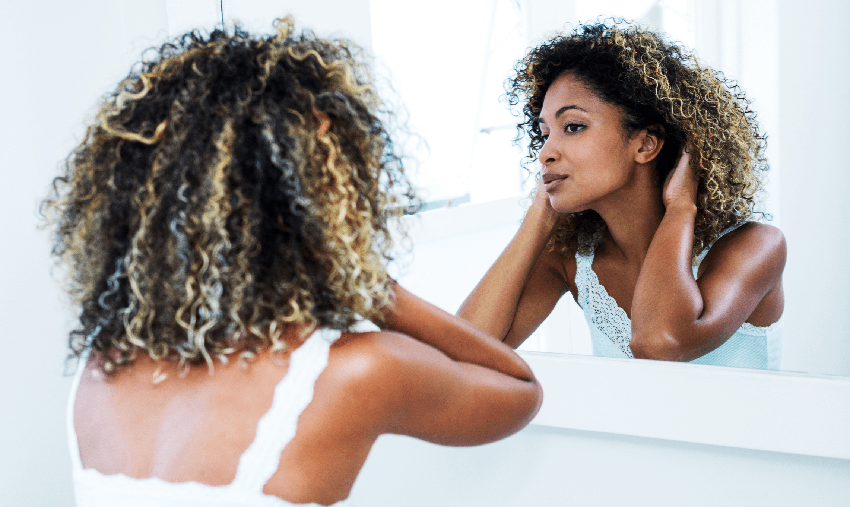
The rules for looking after all the different types of naturally wavy, curly through to natural afro hair are sort of similar, but different and complex. Basically, the principles are similar because all these hair types lack moisture, hence why they can feel more dry, coarse, frizzy, brittle etc., however, the more coily and afro the hair is, the more intense the care and styling product need to be to manage this type of hair as its lack of moisture is much more severe.
Using the right shampoos, conditioners, treatments, as well as the correct styling products — is the solution to many hair problems. You will find that the scalp tends to be dry too, with there being a general lack of natural oils. Any shampoos and conditioners containing aloe, argan, lavender and rosemary can really help plus it’s really important these days to make sure they are sulphate, paraben and silicone free, although there are friendly sulphates and silicones that are perfectly safe and do not cause damage to the hair shaft. They are safe for human use and safe for the environment… If your hair starts to feel heavy or weighed down from silicone, use a clarifying shampoo to provide a deep cleanse and wash away product buildup.
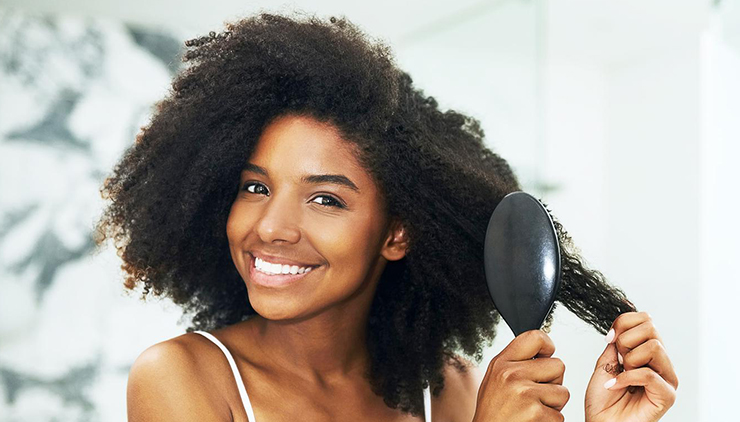
Here are some notes on sulphates, parabens and silicone worth knowing:
Sulphates originate from sulphur which does occur naturally, but is usually synthesised from the ingredient petrolatum and lauryl alcohol. This reaction produces hundreds of different sulphates, but ‘sodium laureth’ and ‘sodium lauryl’ are those you’ll see listed the most, though many companies are going ‘sulphate-free’ for eco-reasons.
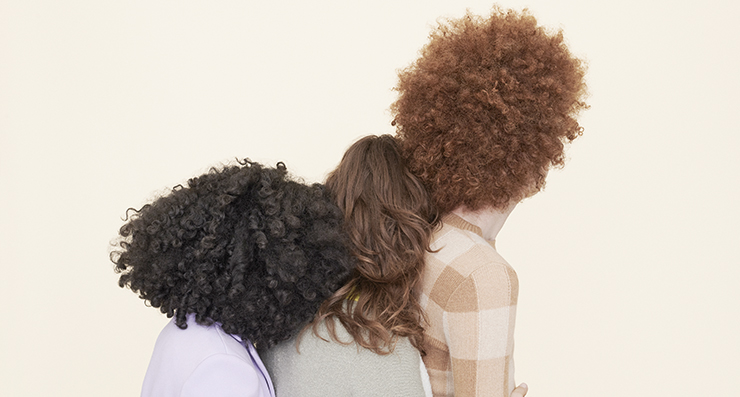
Sodium Laureth Sulphate is a synthetic cleansing agent which actually consists of small molecule ingredients. They are capable of penetrating the skin, which can increase the occurrence of skin irritation.
Sodium Lauryl Sulfoacetate is derived from coconuta safe, skin-friendly surfactant (foaming agent) for both skin and hair. This mild plant-derived surfactant creates a lather that effectively removes surface oil, dirt, and bacteria without stripping or drying sensitive hair or skin. Sodium lauryl sulfoacetate is also hydrophilic. This means it is attracted to water, which enables it to dissolve more readily in water, thus providing superior rinse-ability.
The main thing to remember with sulphate free products is that there will be a big reduction in lather. This is not a bad thing, so don’t panic. 99.9% of the population believe that the lather is cleaning their hair. Lather has been created as a way for us to mentally think it’s cleaning! It’s actually cosmetic and is created to make the experience of shampooing and washing as a more fluffy, bubbly and gorgeous experience. Who doesn’t love some bubbles? A lot of brands that have sulphate free products in their range are now calling them “cleansers” instead of shampoos to help try and differentiate them.
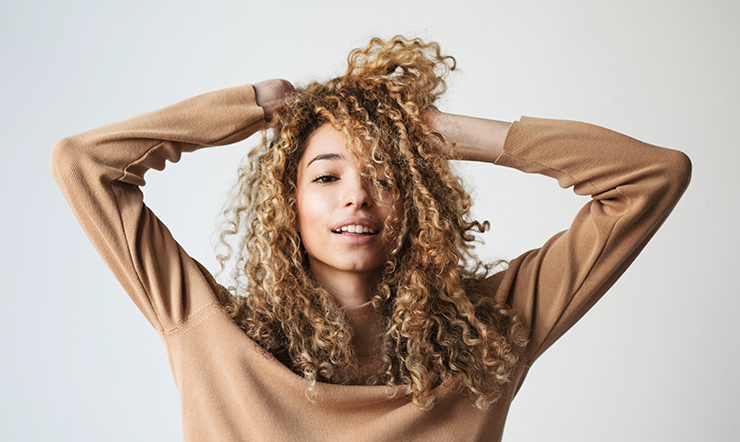
Parabens are common preservatives used in cosmetics and hair care. They are cheaper, and mimic anti-microbial agents in plants but on the negative side they have the ability to mimic estrogen and cause breast cancer. Research has found that parabens and mineral oil can cause considerable damage to the hair and scalp. More recent studies show that parabens are not good to be used if pregnant too. Medical research has shown that exposure to certain common phenols during pregnancy, i.e. parabens and triclosan (which is an antibacterial and antifungal agent present in some consumer products like toothpaste, soap, detergents, toys, and surgical cleaning treatments), and may disrupt the growth of boys during the first years of life.
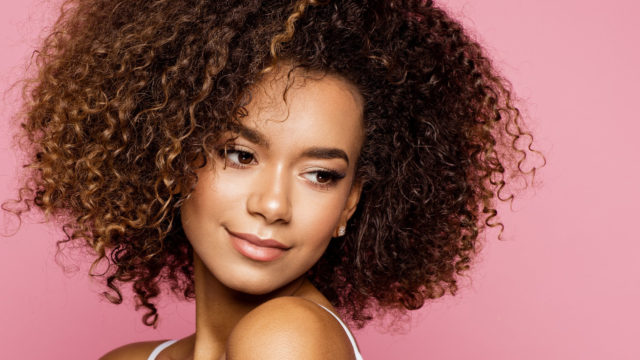
Silicones are kind of like rubber or plastic. It acts as a sealant against water and even air, so it can be great if you’re trying to smooth textured hair out to straight, but it’s not a natural ingredient, so it can be bad for your hair. Look for any ingredients ending in the word “…cone” It gives the illusion of shine and a slippy feeling, but it is not real shine, it is a fake shine from the plastic. The best shine comes from when the cuticle layer is sealed and light reflects off the hair. This only happens when hair is properly hydrated and kept as healthy as possible. Silicone actually prevents moisture from penetrating the hair shaft and attracts dirt and other ingredients. So, basically you get a good fake shine for a couple of days, but over time it will dry hair out because conditioner and moisture will only end up sitting on the surface. This lack of moisture to hair will potentially make it become more brittle leading to more frizz and breakage. Whilst silicone isn’t terribly bad for hair, it just doesn’t really do it any good either. Silicones are perfectly safe and do not cause damage to the hair shaft. They are safe for human use and safe for the environment. If your hair starts to feel heavy or weighed down, use a clarifying shampoo to provide a deep cleanse and wash away product buildup.
So, be aware of the above when selecting your next haircare product, and hopefully these pieces of advice be of a great use to you!
Neil Moodie

